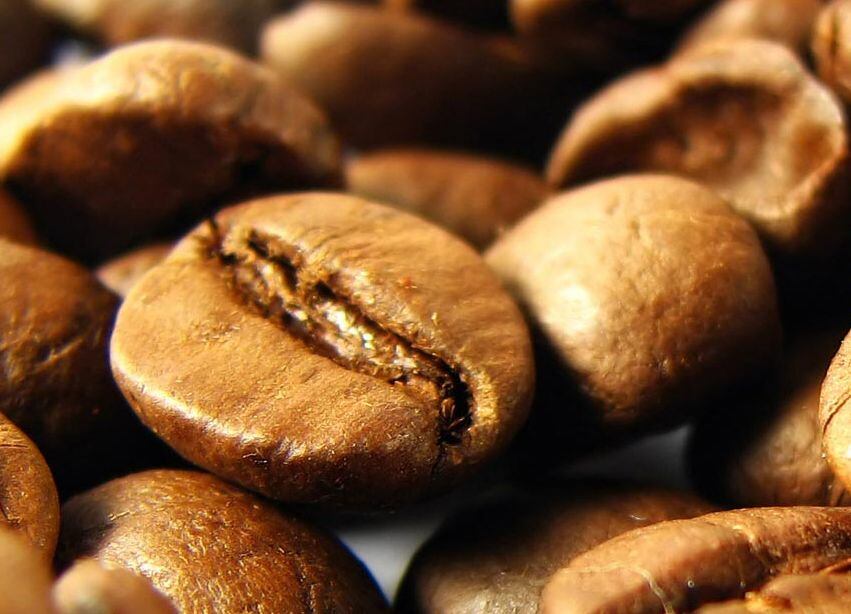“The plant-based meat market is blowing up. It is all over the news. From Beyond Meat to Impossible Burger to other major CPG players announcing they are getting into the space, such as Nestle [acquiring] Sweet Earth and Maple Leaf Foods [acquiring Lightlife], it feels like it is the news literally every single day,” Tyler Lorenzen, president of Puris, told FoodNavigator-USA.
Citing estimates from Euromonitor and Nielsen, he added that the market for plant-based meat alternatives currently hovers between $800 million and $1.4 billion in the United States.
“The opportunity is huge. So, what we do at Puris is, obviously we make pea protein, but in some instances we want to take that protein and add a little bit more uniqueness and value for a specific application, and that is what Texturized Pea Protein, or we call it TPP, is doing,” Lorenzen said.
He explained that TPP is unique compared to other proteins on the market because it contains a functional type of protein similar to soy and other pulse-based proteins that when texturized “can give you the bite and bounciness that can mimic what people expect to find in animal meat.”
A clean label option
The idea of texturized proteins is not new, Lorenzen acknowledged, but he explained that Puris’ TPP stands out from other options because it checks consumers’ clean label concerns while still delivering the functionality that manufacturers require.
For example, he explained, that Puris’ TPP is a clean-label, allergen-friendly alternative to most texturized vegetable protein, or TVP, which is made from soy.
While there is “not anything wrong with soy,” some people are worried about the majority of available soy being genetically modified, he said.
In addition, he recalled in recent years that some consumers pushed back against the use of TVP because they worried that trace amounts of the solvent hexane lingering in the finished product. Hexane is used by some producers to separate soy fat from soy protein during the creation of TVP.
“Those two issues were big red flags for a lot of people with TVP, as well as concerns about soy being labeled as a major allergen,” Lorenzen said.
In response, he explained, Puris’ TPP is made with a solvent-free mechanical separation process with only non-GMO or organic peas.
“What we have tried to deliver here is a pea protein that checks all the boxes. So it is technically on point related to the functionality of the protein, as well as checks all the clean label boxes for the consumer,” Lorenzen said.
He added that the ingredient will be on display, along with other Puris’ pea-based ingredients, next week during IFT in New Orleans. Attendees can try Puris plant-based tacos from 12-2 pm each day of the show at the company’s booth #4332, where they will also experience the meaty bite of the TPP as well as Puris Pea flour, which together will offer 20 grams of protein.




